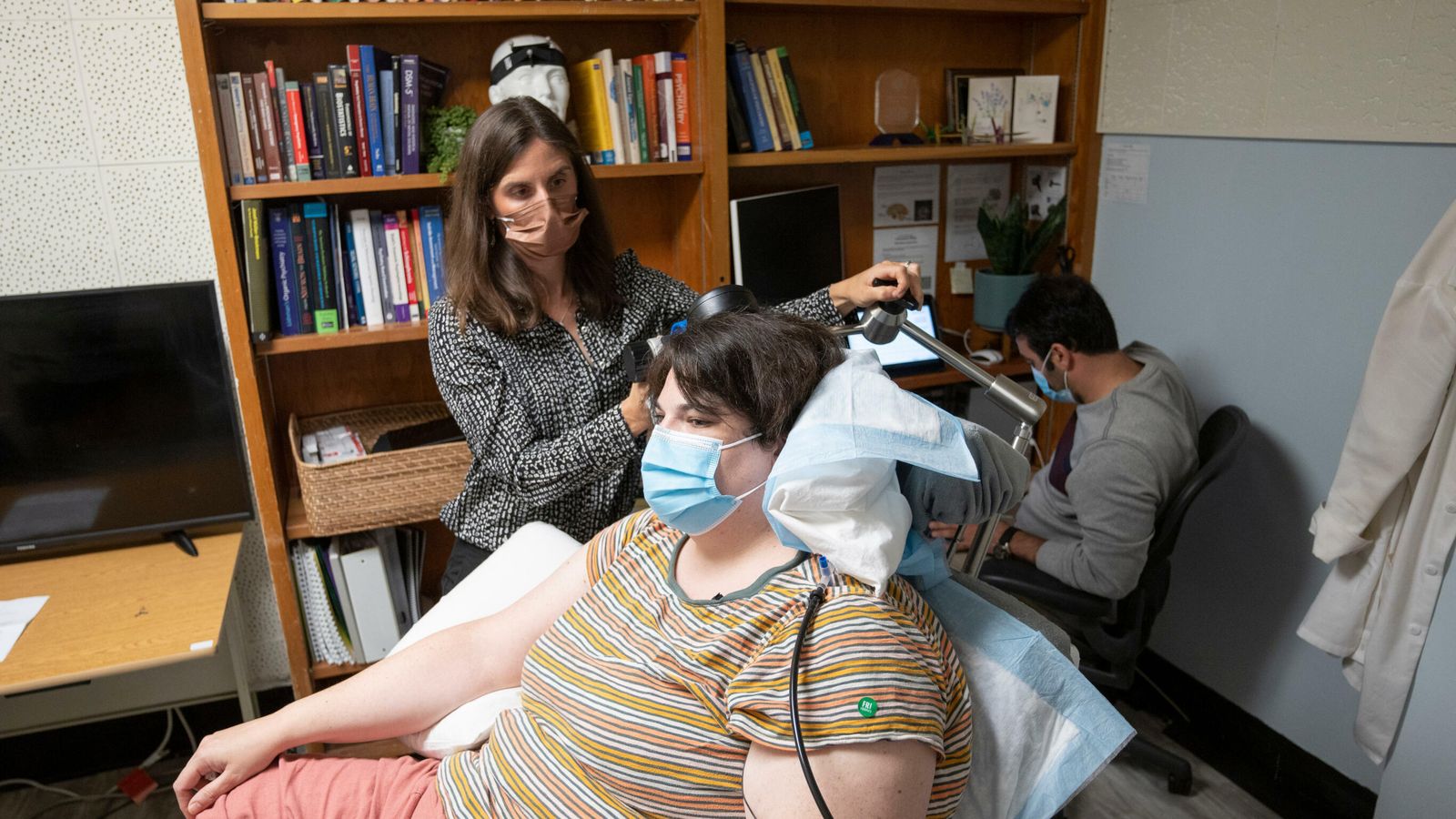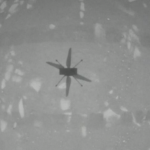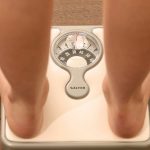Scientists have successfully treated a person with severe depression using a surgically implanted device, a new study has suggested.
The device, which has been described as “the equivalent of a pacemaker for the brain”, is able to tap into the specific brain circuit involved in depressive brain patterns and reset them.
Researchers believe the proof-of-concept study shows how brain activity could be used to deliver personalised treatment for neuropsychiatric disorders – including medical conditions that involve the mind and nervous system.
The team from the University of California San Francisco’s (UCSF) Weill Institute for Neurosciences were able to use the instrument to deliver treatment to a patient with depression, named Sarah.
Sarah, who has been asked to be known only by her first name, has been using the implanted device over the last 15 months and the treatment’s effect has continued to last.
For patients with long-term, treatment-resistant depression, that result could be transformative, researchers said.
“I was at the end of the line,” said Sarah. “I was severely depressed. I could not see myself continuing if this was all I’d be able to do, if I could never move beyond this. It was not a life worth living.”
Revisiting ‘Has the COVID pandemic taught us about happiness?’
Britney and conservatorships: Preventing potential abuse
Afghanistan: Eight-year Helmand campaign leaves legacy of broken lives, PTSD and anger for UK veterans
“In the early few months, the lessening of the depression was so abrupt, and I wasn’t sure if it would last,” she said.
“But it has lasted. And I’ve come to realise that the device really augments the therapy and self-care I’ve learned while being a patient here at UCSF.”
The first author of the study, Katherine Scangos, said: “We were able to deliver this customised treatment to a patient with depression, and it alleviated her symptoms.
“We haven’t been able to do this kind of personalised therapy previously in psychiatry.”
Ms Scangos said the immediate effect compared to the four to eight-week delay of standard treatment models.
Previous studies have shown limited success in treating depression using traditional deep brain stimulation (DBS).
However, what made the new trial successful was the discovery of a neural biomarker – a specific pattern of brain activity that indicates the onset of symptoms.
The group of scientists customised a new DBS device to respond only when it recognised that particular pattern.
However, scientists have said further research will be needed to determine if these results are generalisable to a broader population.
A statement from UCSF said: “UCSF Health physicians have successfully treated a patient with severe depression by tapping into the specific brain circuit involved in depressive brain patterns and resetting them using the equivalent of a pacemaker for the brain.
“The study, which appears in the Oct. 4, 2021, issue of Nature Medicine, represents a landmark success in the years-long effort to apply advances in neuroscience to the treatment of psychiatric disorders.”






















